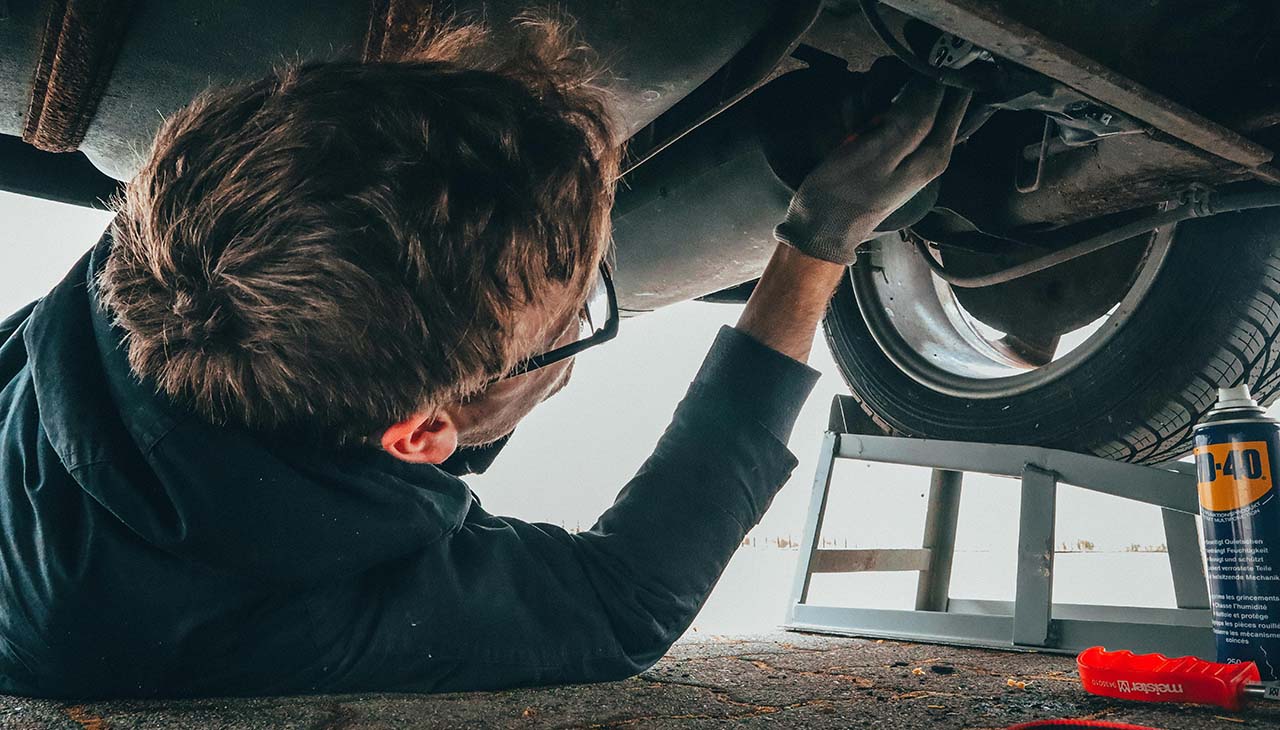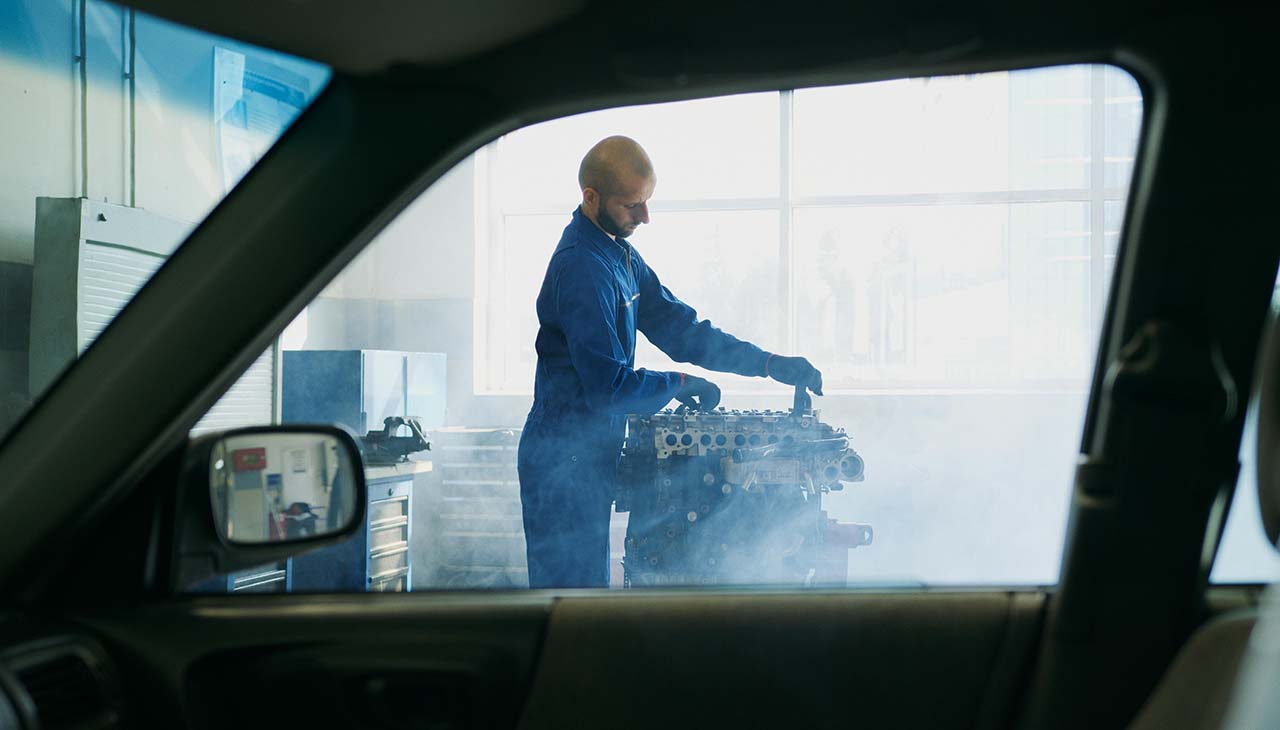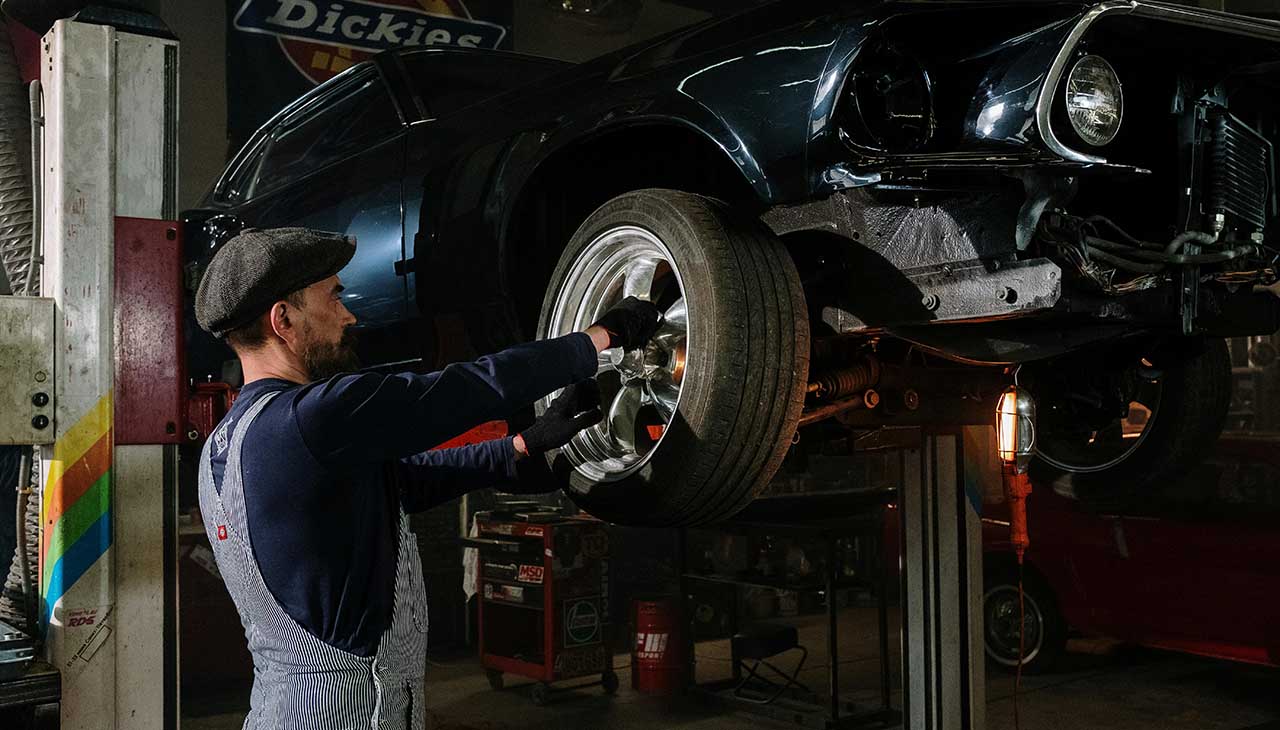Introduction: The Importance of Understanding Your Legal Rights and Responsibilities
Auto accidents can be overwhelming and stressful, often leaving vehicle owners, personal injury victims, and insurance policyholders feeling uncertain about their next steps. Understanding your legal rights and responsibilities is crucial in safeguarding your interests and ensuring a smooth recovery process. This comprehensive guide provides essential legal tips for dealing with auto accidents and repairs, helping you navigate these challenging situations with confidence and clarity.
Key Steps to Take Immediately After an Accident
Secure the Scene
The first and most critical step after an auto accident is to ensure everyone’s safety. If possible, move vehicles to a safe location out of traffic to prevent further accidents. Turn on hazard lights and set up warning triangles or flares if you have them. It’s essential to remain calm and avoid arguments or altercations with other parties involved.
Exchange Information
Once the scene is secure, exchange information with the other driver(s). This information should include:
- Names and contact details
- Driver’s license numbers
- Vehicle registration numbers
- Insurance company names and policy numbers
Additionally, take photos of the accident scene, the damages to all vehicles involved, and any visible injuries. These photos can serve as crucial evidence for insurance claims and potential legal actions.
Seek Medical Attention
Even if you feel fine after the accident, it’s vital to seek medical attention as soon as possible. Some injuries, such as whiplash or internal injuries, may not manifest immediately. A medical professional can thoroughly evaluate your condition and provide documentation of any injuries, which might be essential for insurance claims or legal proceedings.
Understanding Insurance Coverage: Types and How They Apply
Insurance coverage can be complicated, and understanding the various types of coverage is essential for protecting your interests. Here are the main types of auto insurance coverage and how they apply after an accident:
- Liability Coverage: This covers damages you cause to other people or property. It includes bodily injury liability and property damage liability.
- Collision Coverage: This pays for damages to your vehicle caused by a collision with another vehicle or object.
- Comprehensive Coverage: This covers damages to your vehicle caused by non-collision events, such as theft, vandalism, or natural disasters.
- Personal Injury Protection (PIP): This covers medical expenses for you and your passengers, regardless of who is at fault.
- Uninsured/Underinsured Motorist Coverage: This protects you if you’re involved in an accident with a driver who has insufficient or no insurance.
Legal Recourse for Personal Injury Victims: When to Seek Professional Legal Advice
If you’ve sustained injuries in an auto accident, understanding your legal options is crucial for securing fair compensation. You may be entitled to compensation for medical expenses, lost wages, pain and suffering, and other damages. However, navigating the legal landscape can be complex and challenging.
When to Seek Professional Legal Advice
Consider seeking professional legal advice if:
- The accident resulted in significant injuries or fatalities
- There is a dispute over who is at fault
- The insurance company is uncooperative or denies your claim
- You are offered a settlement that seems inadequate
A personal injury attorney can help you understand your rights, gather evidence, negotiate with insurance companies, and, if necessary, represent you in court.
Navigating Auto Repairs: Your Rights and Responsibilities
After an accident, getting your vehicle repaired is often a top priority. Understanding your rights and responsibilities during this process is essential to avoid unnecessary costs and ensure quality repairs.
Your Rights
- Choice of Repair Shop: You’re entitled to choose where your vehicle is repaired. Some insurance companies may suggest preferred shops, but the decision is ultimately yours.
- Repair Estimates: You have the right to obtain multiple repair estimates to ensure you’re getting a fair price.
- Quality Repairs: You’re entitled to have your vehicle repaired to its pre-accident condition using parts of like kind and quality.
Your Responsibilities
- Notify Your Insurance Company: Inform your insurance company about the accident and follow their procedures for filing a claim.
- Document the Damage: Take detailed photos of the damage before repairs begin. This documentation can be vital for your insurance claim.
- Keep Records: Save all repair receipts, estimates, and correspondence with your insurance company.
Tips for Dealing with Insurance Companies: What to Do and What Not to Do
Dealing with insurance companies can be daunting, especially when you’re already dealing with the aftermath of an accident. Here are some tips to help you navigate this process effectively:
What to Do
- Report the Accident Promptly: Notify your insurance company as soon as possible and provide them with all necessary information.
- Be Honest and Accurate: Provide truthful and detailed information about the accident and any injuries sustained.
- Keep Communication Professional: Document all interactions with your insurance company and keep copies of written correspondence.
What Not to Do
- Don’t Admit Fault: Avoid admitting fault or discussing the details of the accident with the other party’s insurance company without consulting your own insurer or legal advisor.
- Don’t Accept the First Settlement Offer: Insurance companies may offer a quick settlement that doesn’t fully cover your damages. Consult with a legal professional before accepting any offers.
- Don’t Sign Anything Without Understanding It: Ensure you fully understand any documents or agreements before signing. If in doubt, seek legal advice.
Conclusion: Be Informed and Proactive
Understanding your legal rights and responsibilities after an auto accident is crucial for protecting your interests and ensuring a smooth recovery process. By following the steps outlined in this guide, you can navigate the complexities of auto accidents, insurance claims, and vehicle repairs with confidence.
Remember, being informed and proactive is the key to managing the aftermath of an auto accident effectively. If you ever find yourself in such a situation, take these legal tips to heart and seek professional advice when needed. Stay safe on the road!



